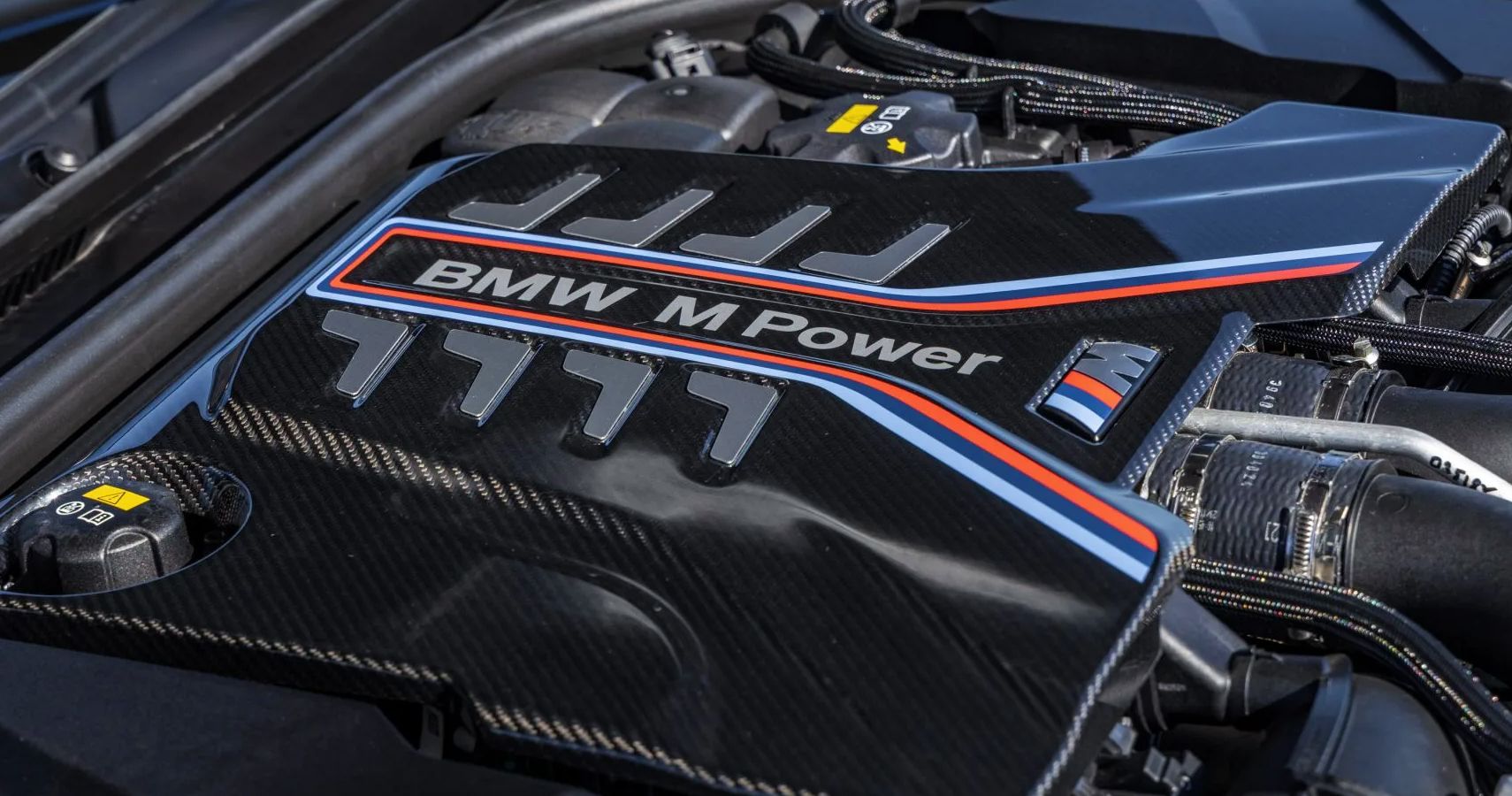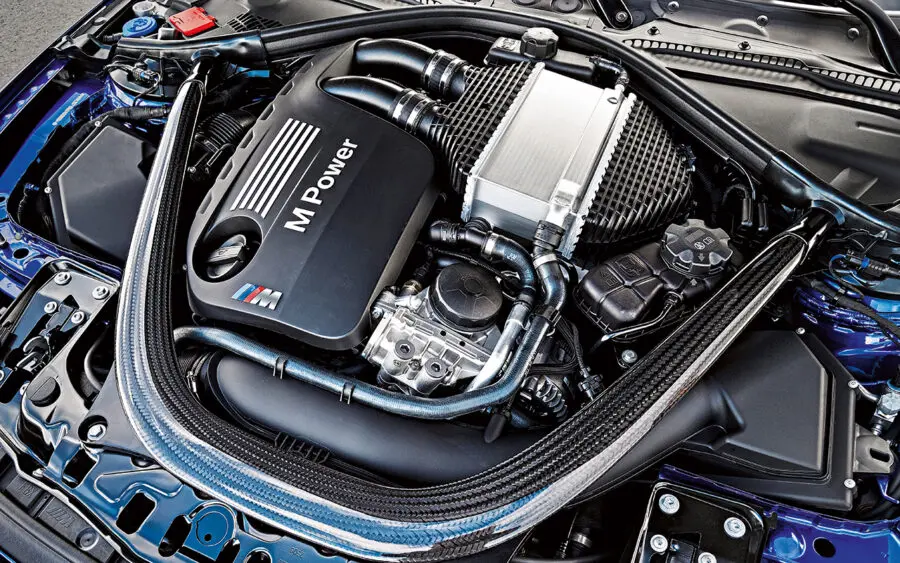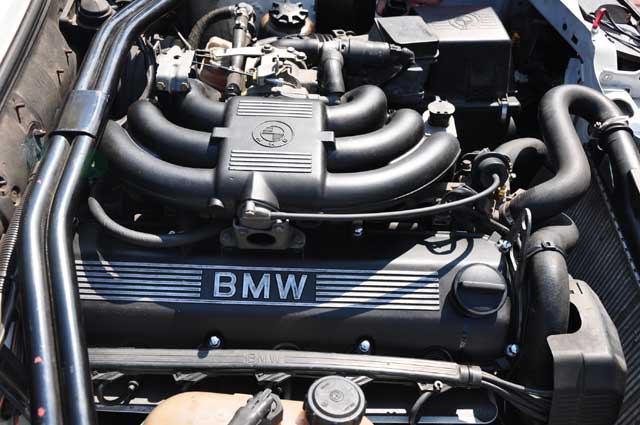Top 5 BMW Engine Technologies Changing the Automotive Sector
Top 5 BMW Engine Technologies Changing the Automotive Sector
Blog Article
Unveiling the Intricacies of Next-Generation Power Units: a Deep Dive Into Advanced Engine Designs and Developments
In the world of automotive design, the relentless quest of sustainability, effectiveness, and efficiency has thrust the development of power systems to extraordinary elevations. As we depend on the precipice of a brand-new period in transport, the intricacies of next-generation engine designs bid us to explore the advanced innovations and innovations that assure to redefine the driving experience. From innovative materials that push the borders of durability and weight decrease to advanced turbocharging and supercharging systems that elevate power result to brand-new degrees, each part of these power units holds a crucial to opening the future of automotive engineering. Delving much deeper into the worlds of discharge control, intelligent engine monitoring systems, and the horizon of power device advancement, we find ourselves on the cusp of a transformation that guarantees to reshape the landscape of mobility as we understand it.
Development of Engine Materials

The shift in the direction of advanced engine materials has also allowed designers to create engines with greater power outputs while preserving gas performance criteria. For instance, the usage of lightweight materials decreases the general weight of the engine, causing boosted gas economic situation and reduced emissions. Additionally, developments in materials innovation have permitted much better thermal administration within engines, leading to raised integrity and longevity.
Turbocharging and Supercharging Technologies
Exactly How do Turbocharging and Supercharging Technologies change engine efficiency and performance in contemporary cars? Turbocharging and supercharging are modern technologies that dramatically improve engine performance by boosting the amount of air consumption into the burning chamber. Turbocharging accomplishes this by utilizing a wind turbine driven by exhaust gases to pressurize the intake air, while turbo charging utilizes a belt- or chain-driven compressor to attain the exact same effect.
These innovations enable smaller sized, a lot more fuel-efficient engines to produce power comparable to larger ones, called downsizing. Forcibly more air into the cyndrical tubes, turbocharging and supercharging boost combustion performance, resulting in raised horsepower and torque output without a substantial rise in engine size. This brings about much better velocity, towing capability, and total driving performance.
In addition, turbo charging and turbocharging add to enhanced gas efficiency by enabling the usage of smaller engines that eat less gas under regular driving problems - bmw engine. This mix of enhanced performance and performance has actually made turbocharging and supercharging important components of lots of modern-day engine designs
Discharge Control and Environmental Impact
With boosting international concerns pertaining to air quality and ecological sustainability, the implementation of exhaust control modern technologies in lorries plays a crucial duty in minimizing damaging pollutants launched into the environment. Modern lorries are equipped with sophisticated discharge control systems that assist decrease the ecological influence of auto procedures. Catalytic converters, as an example, are designed to convert hazardous gases such as carbon monoxide gas, nitrogen oxides, and hydrocarbons right into much less unsafe compounds like carbon dioxide and water vapor.
Additionally, developments in engine innovation, such as the integration of exhaust gas recirculation systems and careful catalytic reduction, have considerably added to reducing discharges. These innovations operate in tandem to optimize combustion effectiveness and lessen the launch of harmful contaminants right into the air. Furthermore, the development of hybrid and electrical lorries stands for a critical action towards reducing the total ecological footprint of the transport industry.
Intelligent Engine Management Systems

In addition, these systems allow cars to meet rigid discharges standards without endangering performance, providing an extra eco pleasant driving experience. The combination of expert system and artificial intelligence capabilities in click this engine monitoring systems remains to press the limits of what is possible, bring about additional improvements in efficiency, dependability, and total car efficiency. bmw engine. As automotive modern technology developments, intelligent engine administration systems will play a critical function fit the future of transportation towards a much more lasting and efficient direction
Future Trends in Power System Development
As smart engine monitoring systems lead the method for improved control and optimization in contemporary cars, future patterns in power unit development are poised to redefine the landscape of automotive propulsion technologies. These alternative power resources supply boosted performance and efficiency while lining up with strict environmental policies.
Another substantial fad is the combination of sophisticated materials and manufacturing strategies. Light-weight materials such as carbon fiber and aluminum are being made use of to minimize general automobile weight, improving fuel efficiency and performance. In addition, developments in 3D printing and additive manufacturing are enabling the manufacturing of complicated engine components with greater accuracy and sturdiness.
Additionally, expert system and machine understanding are playing a crucial function in optimizing power device performance. These technologies permit real-time tracking and flexible control, causing much more dependable and reliable power distribution. In general, future fads in power device growth are geared towards effectiveness, sustainability, and efficiency, driving the vehicle sector towards a new period of propulsion technologies.

Final Thought
To conclude, the innovations in engine materials, turbocharging, exhaust control, and intelligent monitoring systems have led the way for next-generation power click reference devices. These developments have not just improved efficiency and effectiveness yet likewise reduced ecological effect. As modern technology remains to advance, future patterns in power device development are most likely to concentrate on further boosting sustainability and optimizing power outcome. The intricate styles and developments in modern-day engines display the continuous evolution of auto innovation.
Exploring the dynamic advancements in engine products has been crucial in boosting the performance and efficiency of contemporary engines. Over the years, the evolution of engine materials has played an important function in pushing the limits of what engines can accomplish.The shift towards progressed engine materials has actually also made it possible for designers to make engines with higher power results while preserving fuel effectiveness criteria.The implementation of intelligent engine monitoring systems in contemporary automobiles has actually revolutionized the method engines are controlled and maximized for efficiency and effectiveness. By gathering information in real-time and examining it with sophisticated algorithms, intelligent engine monitoring systems can adapt to driving designs, environmental factors, and engine health to make best use of power outcome while reducing gas intake and emissions.
Report this page